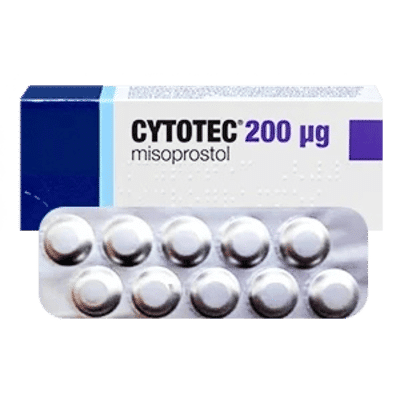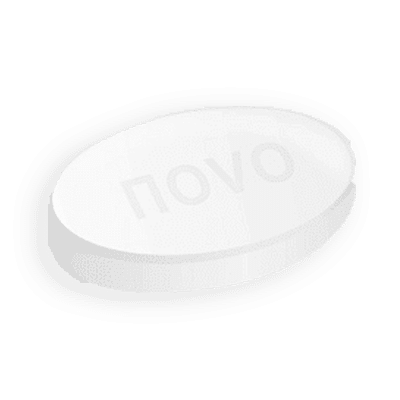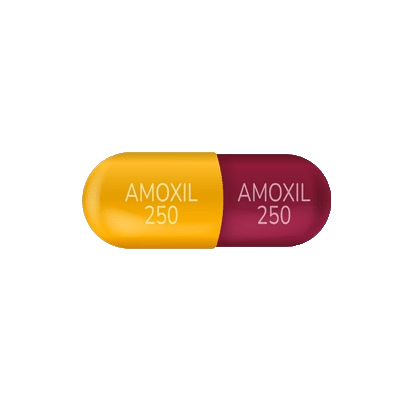I used Cytotec as prescribed by my doctor, as I often took anti-inflammatory drugs to treat arthritis. I noticed the result quite quickly - the stomach pains that used to bother me went away. I didnt notice any side effects, so Im happy with the drug.

Cytotec
- Discreet shipping
- Pay with crypto
- Quality products
- BTC,
- ETH,
- USDT,
- USDC
What is it?
Cytotec is a medication with anti-acid properties, the main purpose of which is to prevent ulcers in patients taking non-steroidal anti-inflammatory drugs (NSAIDs), such as aspirin and ibuprofen. Its main component is misoprostol, a synthetic prostaglandin substance produced in the stomach. Cytotec works by protecting the lower layers of the gastric mucosa from the destructive effects of NSAIDs, which inhibit the synthesis of natural prostaglandins in the stomach. The drug begins to act 30 minutes after administration and continues to act for three hours.
Frequently asked questions
Composition
The composition of Cytotec includes the key active component - misoprostol. This substance plays an active role in the functioning of the stomach, helping to protect its mucous membrane from the destructive action of non-steroidal anti-inflammatory drugs.
- Misoprostol is the main component, a synthetic prostaglandin substance.
- Excipients that promote the absorption of the drug.
- Components for the formation and stability of the dosage form.
These ingredients provide targeted and effective action of the drug, guaranteeing its therapeutic role in protecting the digestive tract.
How to use?
Using Cytotec requires care and following the recommendations to avoid possible side effects and achieve the desired therapeutic result. The general scheme of administration is as follows:
- Adults are recommended to take 0.2 mg 3-4 times a day with meals.
- The last dose is taken before bedtime, which helps protect the stomach at night.
- If side effects such as diarrhea occur, the dosage can be reduced to 0.1 mg.
Following these instructions can reduce the risk of side effects and increase the effectiveness of treatment.
How does it work?
The mechanism of action of Cytotec is its ability to protect the gastric mucosa from damage caused by NSAIDs. This is due to the activity of misoprostol, which compensates for the loss of prostaglandins in the stomach, which naturally protect the mucosa. A decrease in prostaglandin levels usually occurs when taking anti-inflammatory drugs, and Cytotec compensates for this deficiency, preventing the formation of ulcers.
This medication also helps to increase the secretion of protective mucus in the stomach, which further helps to ensure the safety of the mucosa. The combination of these effects helps to minimize damage and reduce the risk of developing ulcers in patients undergoing NSAID therapy.
Indications
Cytotecs indications are quite varied and include the prevention and treatment of gastric and duodenal ulcers in patients exposed to NSAIDs. This medicine may be especially useful for people who are predisposed to developing ulcers or who have previously encountered similar problems.
- Prevention of peptic ulcer disease in patients taking NSAIDs.
- Treatment of existing gastric ulcers.
- Maintaining the normal state of the gastric mucosa in patients prone to ulcer formation.
These indications help to use Cytotec purposefully and effectively in medicine.
Contraindications
Despite its beneficial properties, Cytotec has a number of contraindications that must be taken into account before using it. Medical supervision and individual assessment of the patients condition are mandatory.
- Contraindicated in adolescents under 18 years of age.
- Not used in pregnant and lactating women, as it can cause contraction of the uterine muscles and lead to miscarriage or premature birth.
- Unacceptable for use in patients with acute renal failure.
Given these restrictions, it is important that the drug is prescribed only after consultation with a doctor.
Side effects
Side effects of Cytotec may occur in some patients and they vary in severity. The most common side effects include:
- Diaphoria is the most common reaction to the drug.
- Other common side effects include vomiting and abdominal pain.
- Rarely, rash, dizziness, blood pressure fluctuations, and menstrual cramps may occur.
Knowing about possible side effects can help you better prepare and assess whether to continue therapy.
Cytotec Reviews and Experiences
This drug was recommended by a doctor in connection with the initial stage of ulcer disease. Cytotec really helped - the pain began to bother much less often. However, in the first days of taking it, mild diarrhea appeared, but over time the body got used to it, and this effect disappeared.
I was pleased with the effect of Cytotec, as it effectively protected my stomach from the negative effects of the pills I take regularly. The only thing that bothers me is that sometimes I feel a little dizzy, but this happens rarely. Otherwise, it helps a lot!



